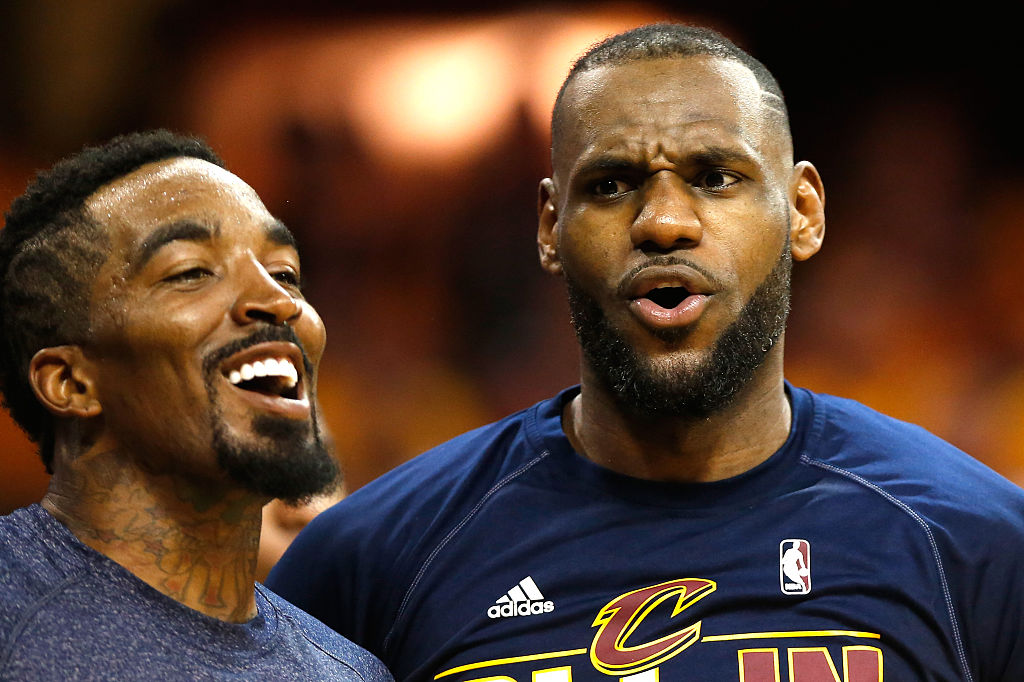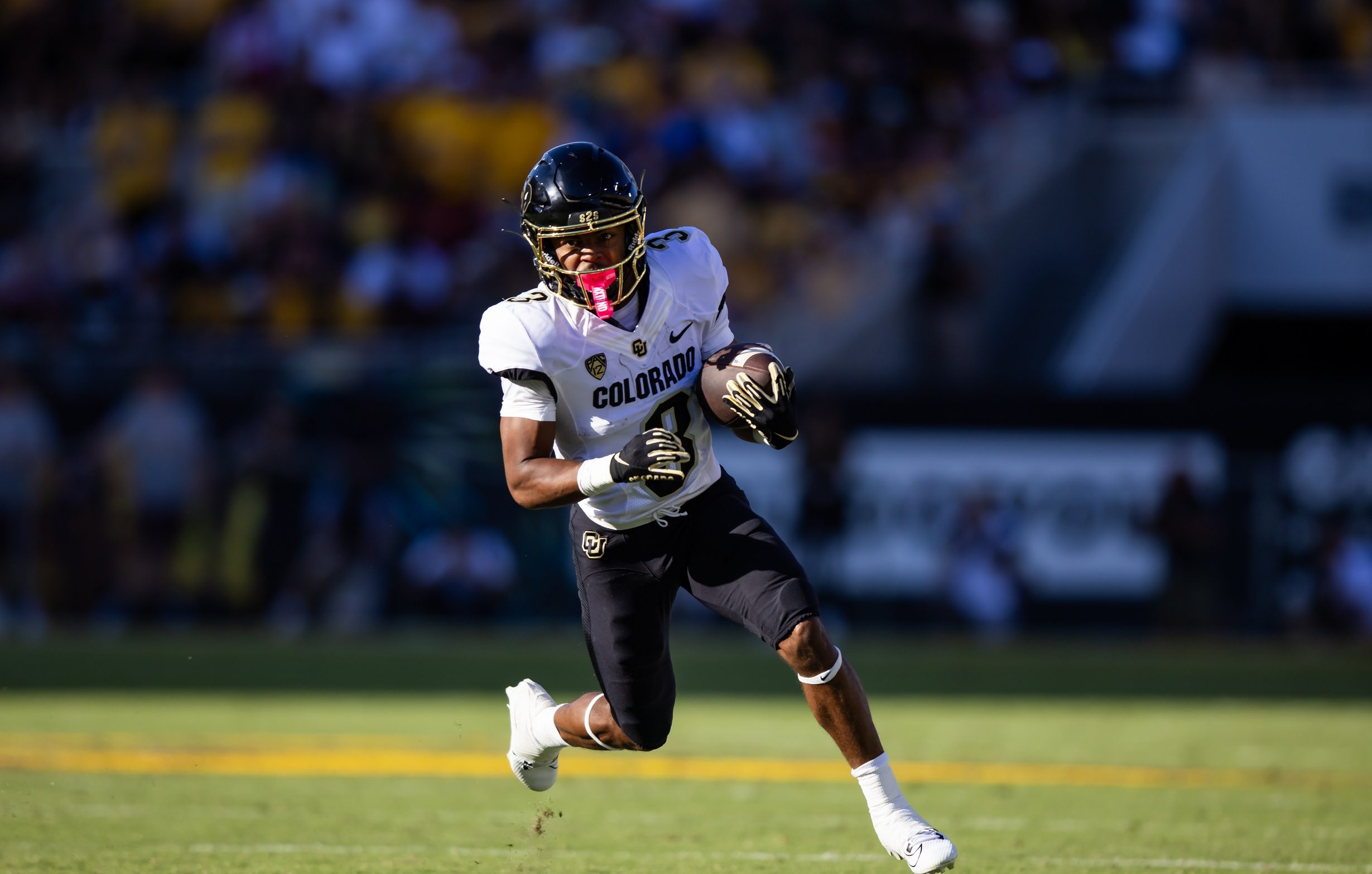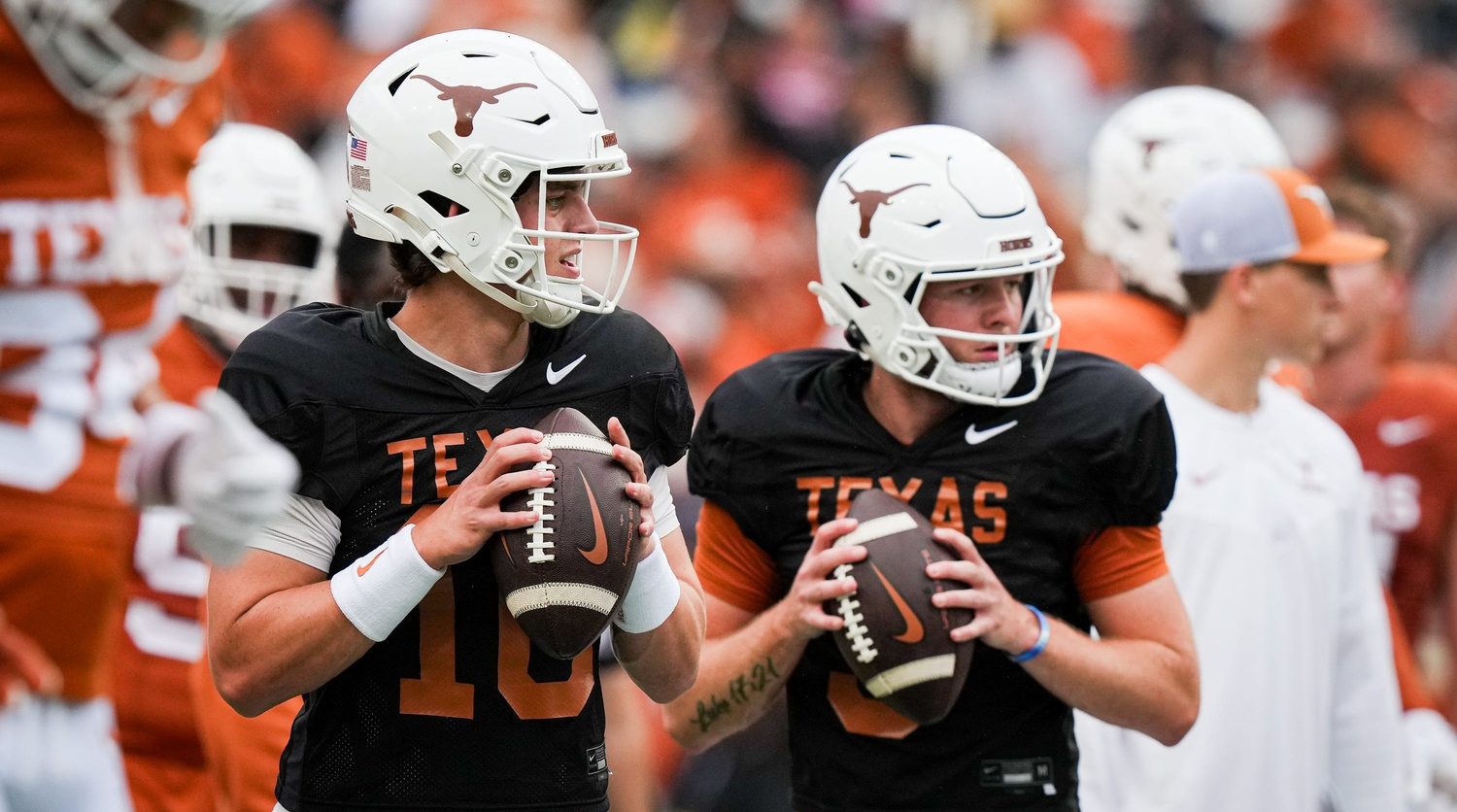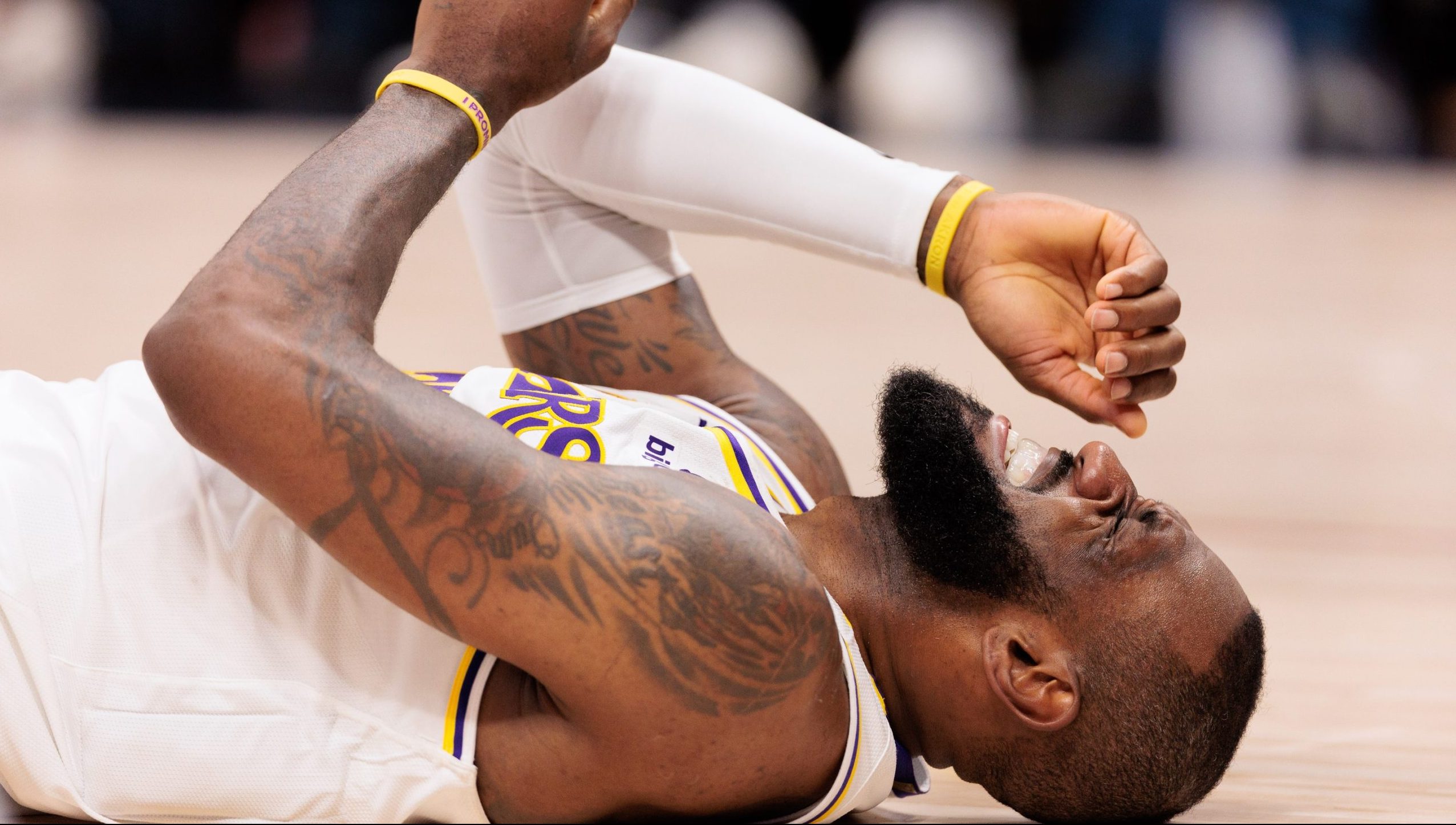Sports fans are spoiled for choice more than ever, we know this to be true. There are more games, more coverage, more freedom than at any point in the history of sports on TV. However, at this time of year as MLB kicks off and the NBA and NHL playoffs are well under way, it got us thinking about one of the most consistent gripes of sports fans: scheduling.
Yes, sports fans have many complaints that range from the valid to the trivial, but the five events below constantly raise the ire of the viewing audience with the puzzling decisions around their schedules. While there are other events that could be placed on this list, these are the five we think could greatly benefit from much needed change.
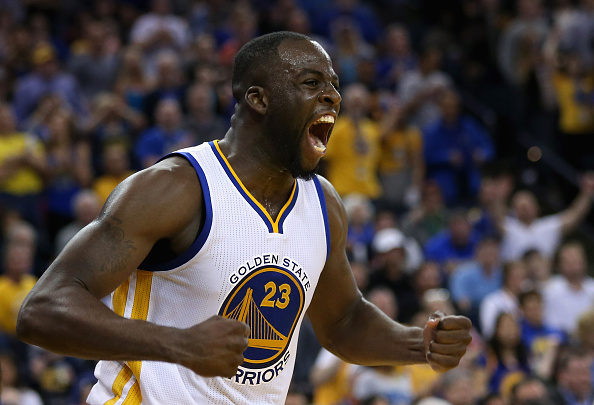
1. NBA Playoffs – First Round
Perhaps no event in sports is as exasperating as the first round of the NBA Playoffs when you consider the schedule. Forget the debate over whether or not the first round should go back to the best-of-five format from the present best-of-seven. Also, let’s set aside the inordinate number of blowouts we’ve seen so far compared to previous years and other sports.
The NBA Playoffs first round needs to be blown up for an entirely different reason: the schedule which seems to last longer than a presidential primary season. As sports fans, we are accustomed to playoff series being contested on an every-other-day basis, with maybe one extra travel day during the series.
However, the NBA has consistently stretched playoff series out as long as possible in recent years. In 2016, six of eight playoff series have more than one multi-day break between games. In fact, the Clippers-Blazers and Hawks-Celtics series have multi-day breaks between each of the first three games. Compare this to the NHL Stanley Cup Playoffs schedule, in which only one first-round series (Penguins-Rangers) has multiple multi-day breaks.
This schedule is detrimental to the flow of the playoffs and, combined with blowouts and bad basketball, means the NBA Playoffs don’t often start until the middle of Round 2. We also aren’t even considering the ridiculously long breaks between the Conference Finals and NBA Finals where last year, the Cavs and Warriors waited for over a week to begin their championship series.
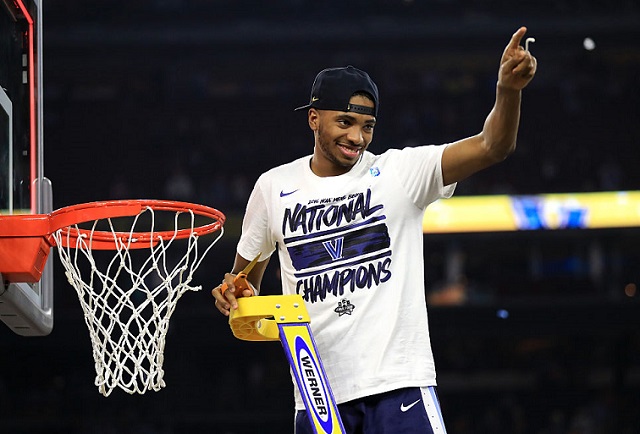
2. NCAA Football and Basketball Championships
This year’s dramatic ending to the national championship game between Villanova and North Carolina was one of the most memorable ends to a college basketball game in recent memory. The only downside to Kris Jenkins’ game-winner was the time that it happened, preventing many fans from witnessing it live. In fact, it was well past 11 p.m. on the East Coast when Villanova cut down the nets, and it might have been Tuesday morning before fans were finally treated to the latest rendition of “One Shining Moment.”
Yes, we can argue ratings points and East Coast Bias all we want, but the fact of the matter is that far too many potential viewers, especially younger viewers, were unable to see the end of the NCAA Men’s Basketball Championship. The same is now true for the College Football Playoff, which kicked off around 8:30 p.m. on a Monday night. That, along with the ballooning time of college football games, ensured the ending would again be a late one for viewers up and down the East Coast.
Both sports would be better served by moving up their start times to capture the maximum amount of viewers for the end of those championship games. Then we can talk about moving the College Football Playoff semifinals to Jan. 1 permanently. Since this is the NCAA, we won’t be holding our breath on this change.
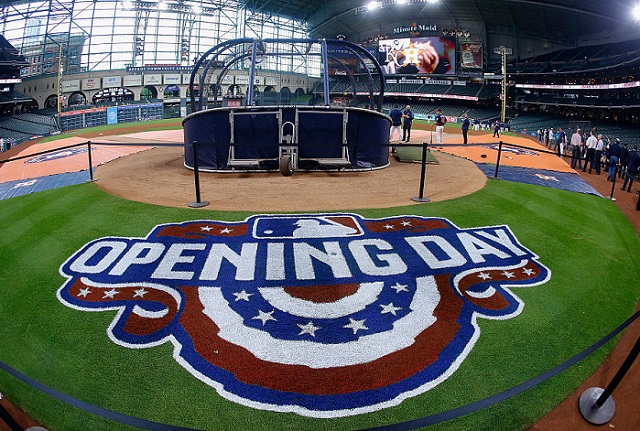
3. MLB Opening Day
Opening Day in baseball used to be as much a part of the tradition and lore of the game as anything. Now, Opening Day is a random mix of teams, cancelled games, and winter weather. It used to be that Opening Day in MLB meant one thing: a game to kick off the season on the first Monday in April in Cincinnati, home to baseball’s oldest professional team. However, with the advent of ESPN’s Sunday Night Baseball, there has been a Sunday night game to open proceedings for more than two decades.
This year, MLB really outdid itself with the mess that was Opening Day 2016. For starters, instead of one showcase game on Sunday night, there were three — yes, three. Imagine Broncos vs. Panthers sharing the stage with Jaguars vs. Raiders to kickoff the NFL season. Even worse, in addition to the three Sunday games, the Cubs and Angels played a PRESEASON game that same evening.
Yes, Spring Training was still technically ongoing at the same time the regular season had begun. Never has there been a more head-scratching moment in the history of regular season baseball scheduling. Furthermore, this year’s Opening Day was again marred by cancellations in thawing climates like Cleveland and New York, while teams with indoor stadiums (Houston, Toronto) or warmer climates (Los Angeles, San Francisco, Seattle) opened the season on the road. This just doesn’t make any sense.
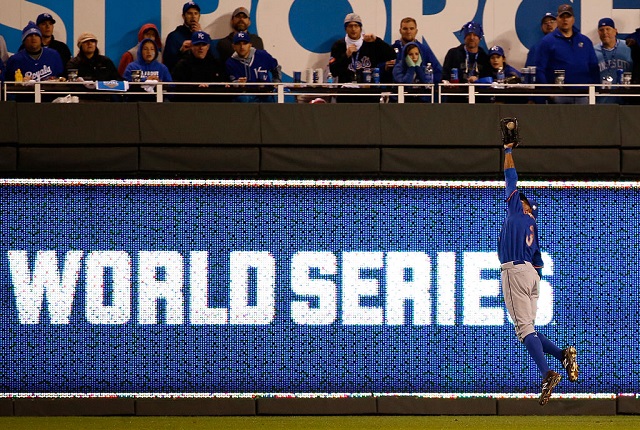
4. World Series day game
To further pile on MLB, here’s another scheduling move that makes far too much sense to employ: a World Series day game. As hard as it is to believe, the last time the World Series played a game during the day was Game 6 in 1987 — and that was indoors! The sun hasn’t shone on the World Series in over three decades, and that just isn’t right.
For a game all about tradition and the comparable nature of different eras, this thread of the past has been lost for far too long. There may be no greater example of the chokehold that primetime television has on sports than the scheduling of the World Series. Perhaps the advertising revenue would be a little less, and competition from the new national pastime — football — would be fierce. But baseball, perhaps more than any sport, should extend an olive branch to its fans by scheduling one day game per World Series. If national championships can be moved to cable, then maybe the World Series can once again see the light of day.
5. MLS Cup away from NFL
While football may be one reason the World Series is scheduled as it is, an example of a league’s stubborn refusal to acknowledge the behemoth of sports on TV is MLS. For years, MLS has staged its season-ending MLS Cup on Sundays in the fall to compete head-to-head with the NFL. And for years, the ratings for MLS Cup have been a disappointment. The schedule of MLS has been a frequent sticking point with fans, and rightly so. To the credit of the league, consistent broadcast windows have finally been implemented, thanks to the most recent deal with Fox and ESPN.
Still, the league is missing a golden opportunity to capture more of an audience by playing its MLS Cup — and frankly, a consistent season-long spotlight game — on a Tuesday or Wednesday night. For a league which needs every tenth of a ratings point that can be mustered to consistently sacrifice itself at the feet of an NFL Sunday is perplexing, to say the least. If we’re being honest, the only way for MLS to gain any serious broadcasting foothold in our lifetime is for the league to move as far away from the NFL on TV as possible.

